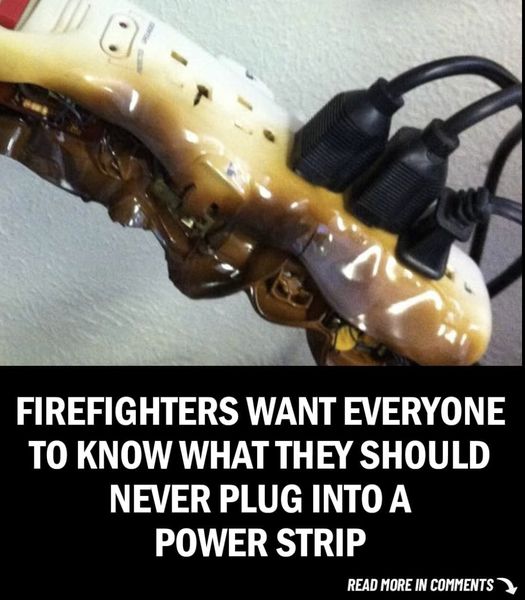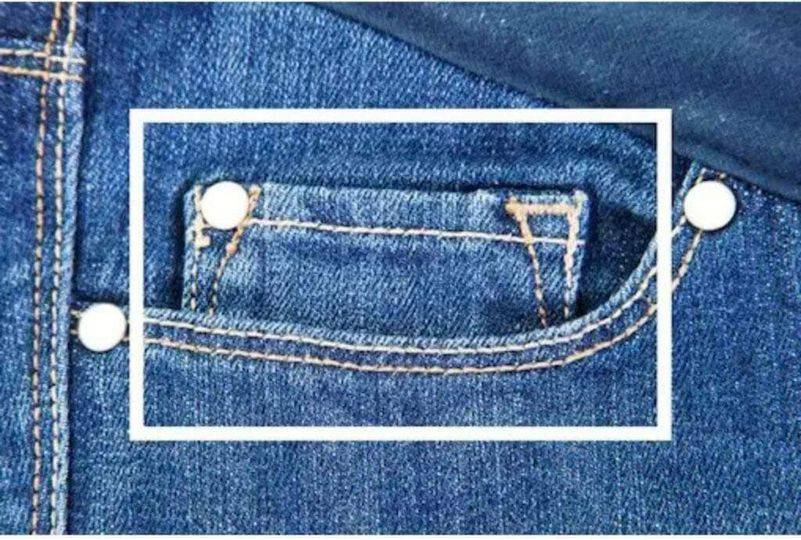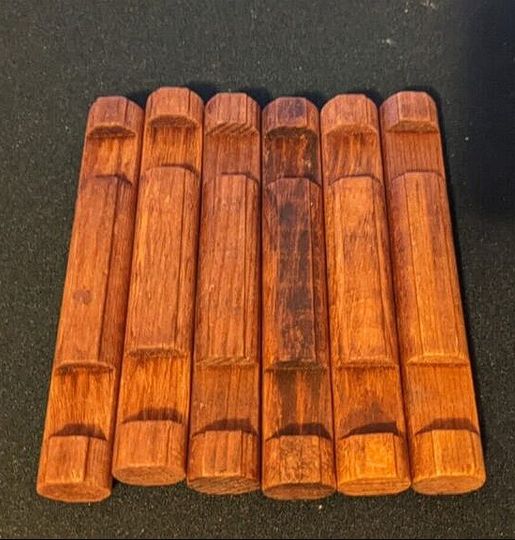As temperatures drop, many of us turn to our trusty space heaters to keep our homes warm. But did you know that plugging these devices into power strips can be very dangerous? Firefighters are urging everyone to avoid this common mistake.
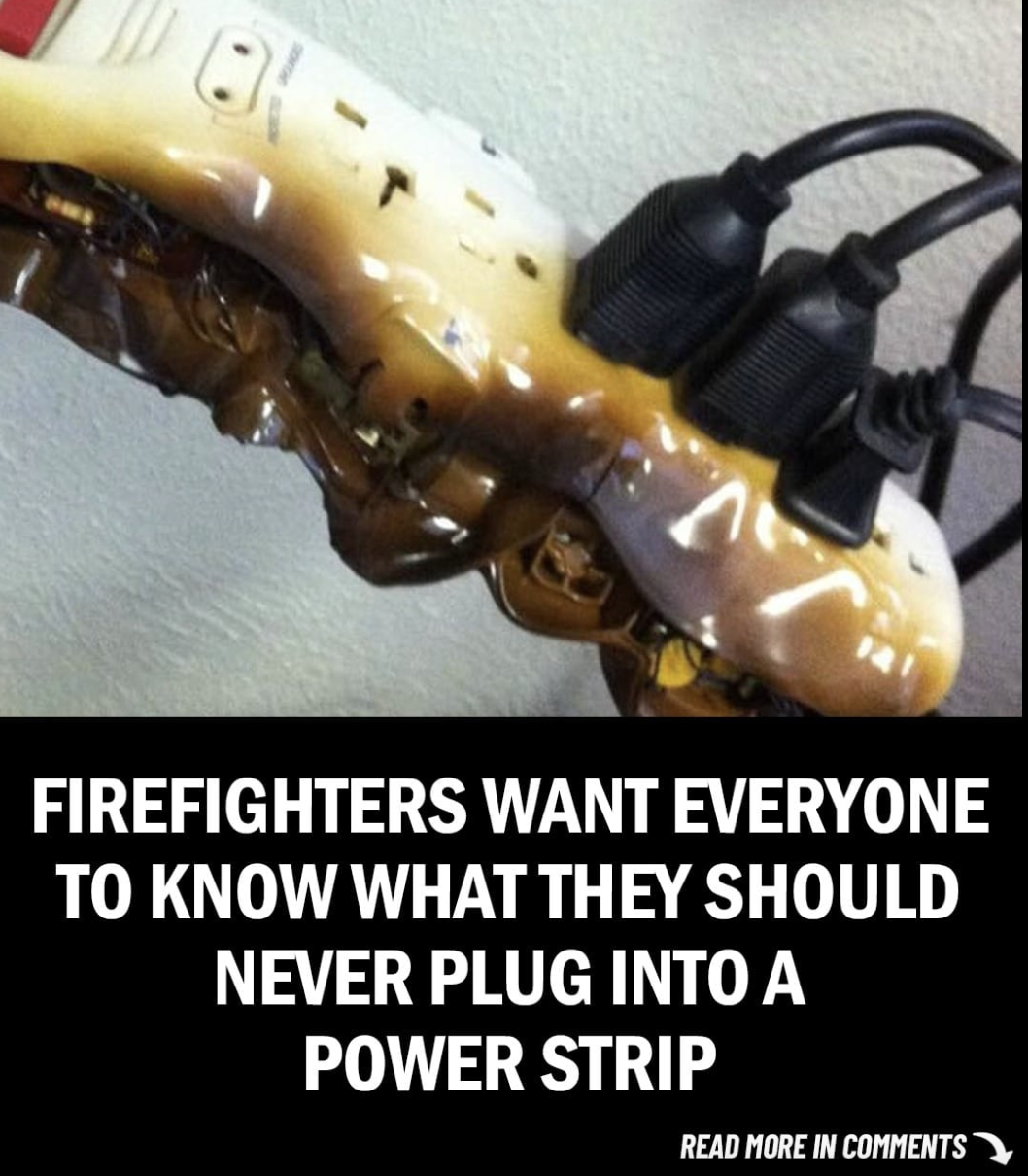
Space Heaters Should Never Be Plugged Into a Power Strip
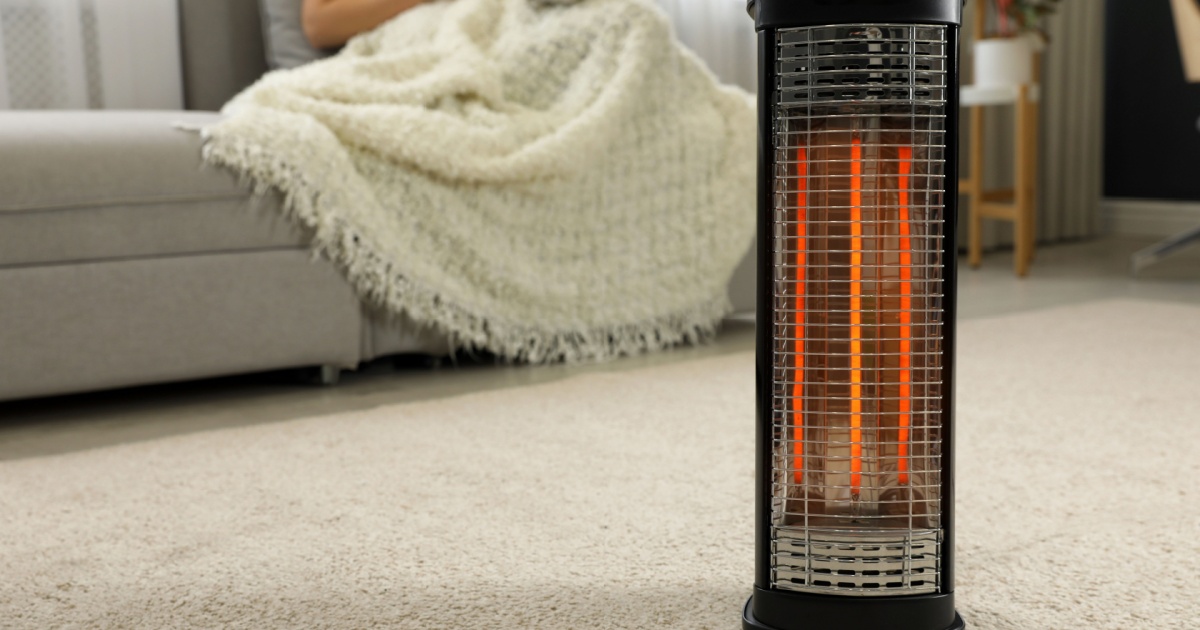
When it’s cold outside, we all want to stay cozy inside. Space heaters are a popular solution, but firefighters from Oregon have a crucial safety tip: never plug your space heater into a power strip. Why? Most power strips aren’t designed to handle the high current that space heaters draw, which can lead to overheating or even fires. The Umatilla County Fire District #1 in Hermiston, Oregon, shared this on Facebook, emphasizing that power strips can’t cope with the energy flow required for space heaters.
A Fire Starter: Plugging Into a Powerstrip
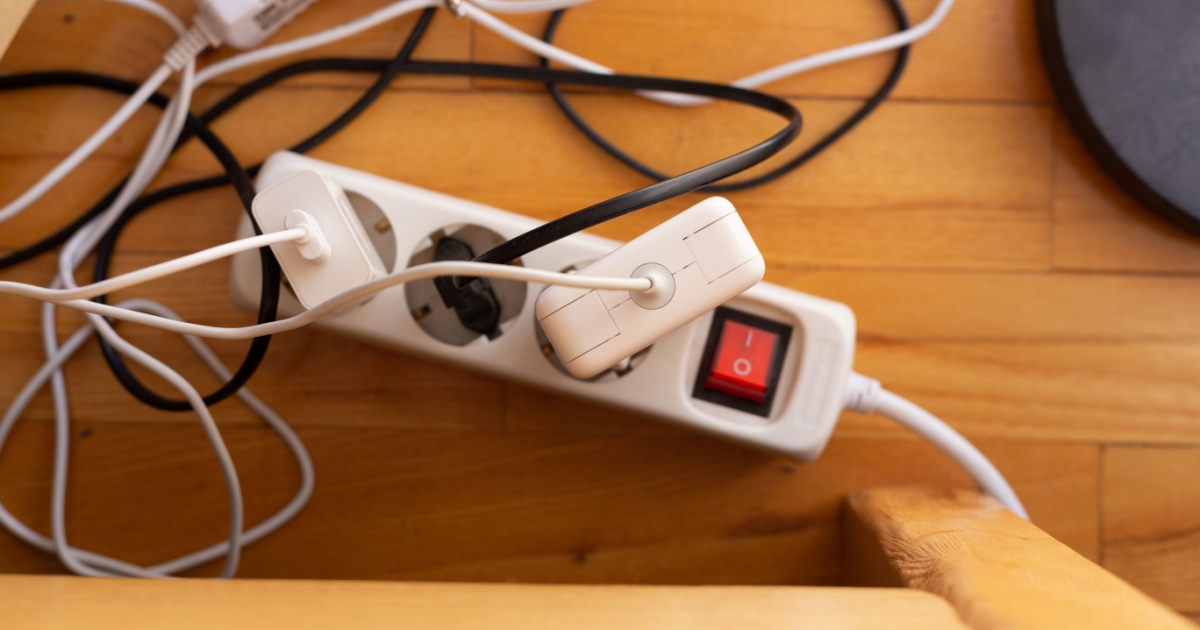
It’s not just Oregon firefighters who are sounding the alarm. The Toledo Fire Department in Ohio issued a similar warning after a fire broke out due to a space heater being improperly plugged into a power strip. The heater set a couch on fire, and the blaze quickly spread throughout the home. Space heaters can get as hot as 600 degrees Fahrenheit, so it’s essential to use them safely.
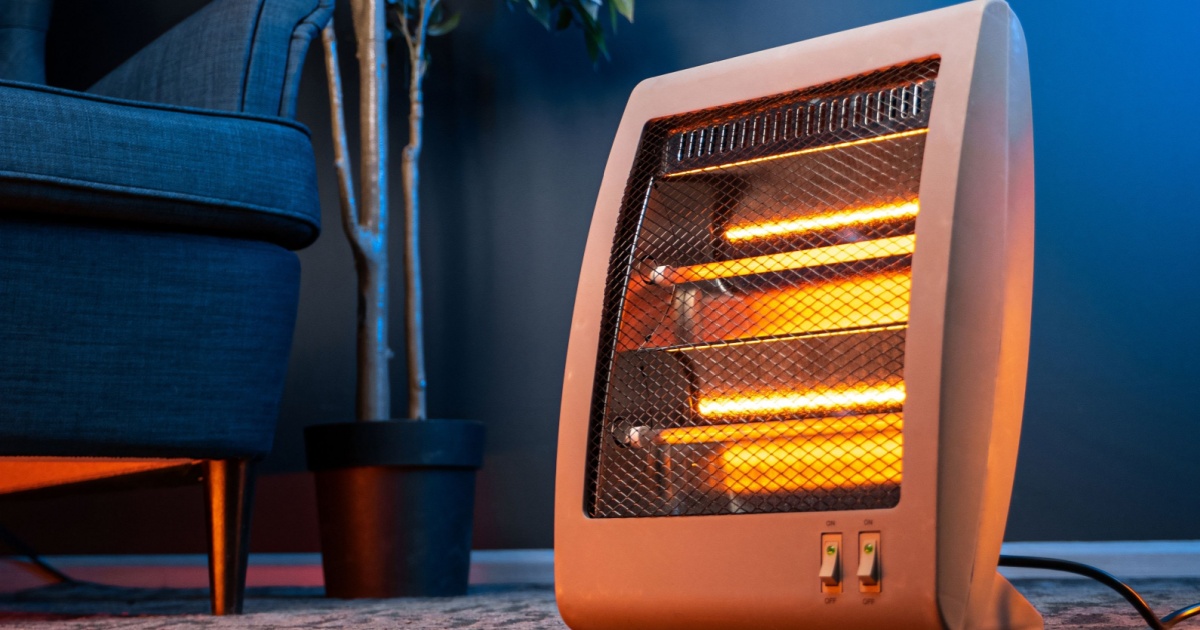
How to Prevent Electrical Fires at Home
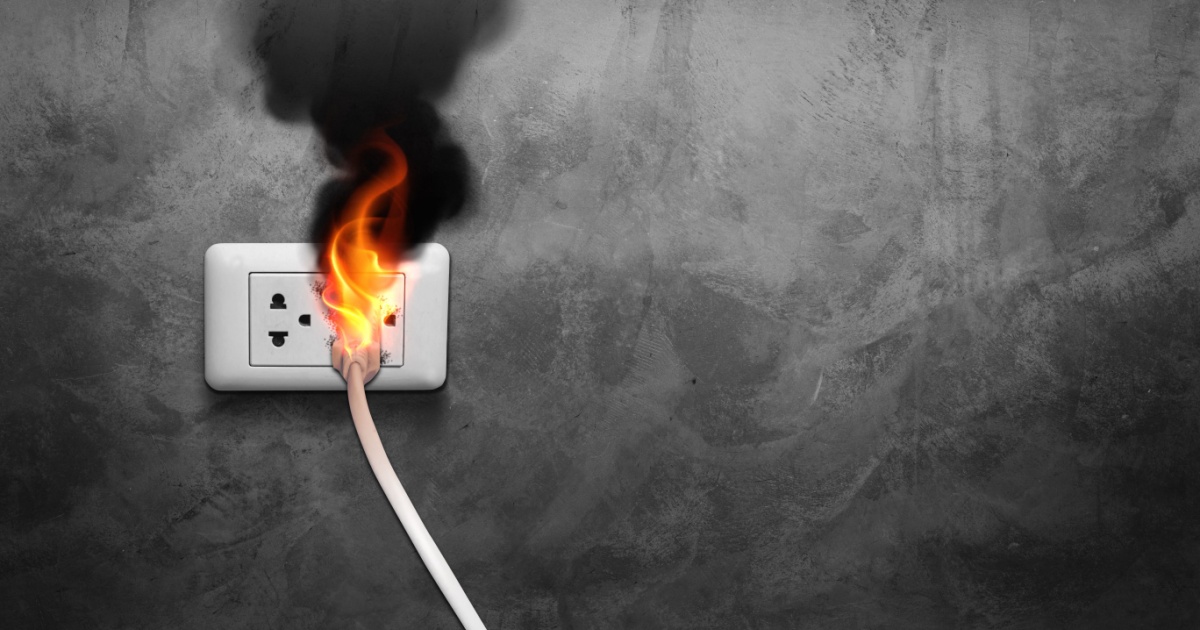
Electrical fires can be prevented, even during the cold winter months. Here are some top tips to keep your home safe from fire hazards this season, and throughout the year:
1. Unplug all heat-producing gadgets while not in use.

This includes items like hair styling tools, kettles, and space heaters. Anything that generates heat can overheat and catch fire if left on for too long. Always unplug them when done.
2. Extension cords are intended for temporary usage only.
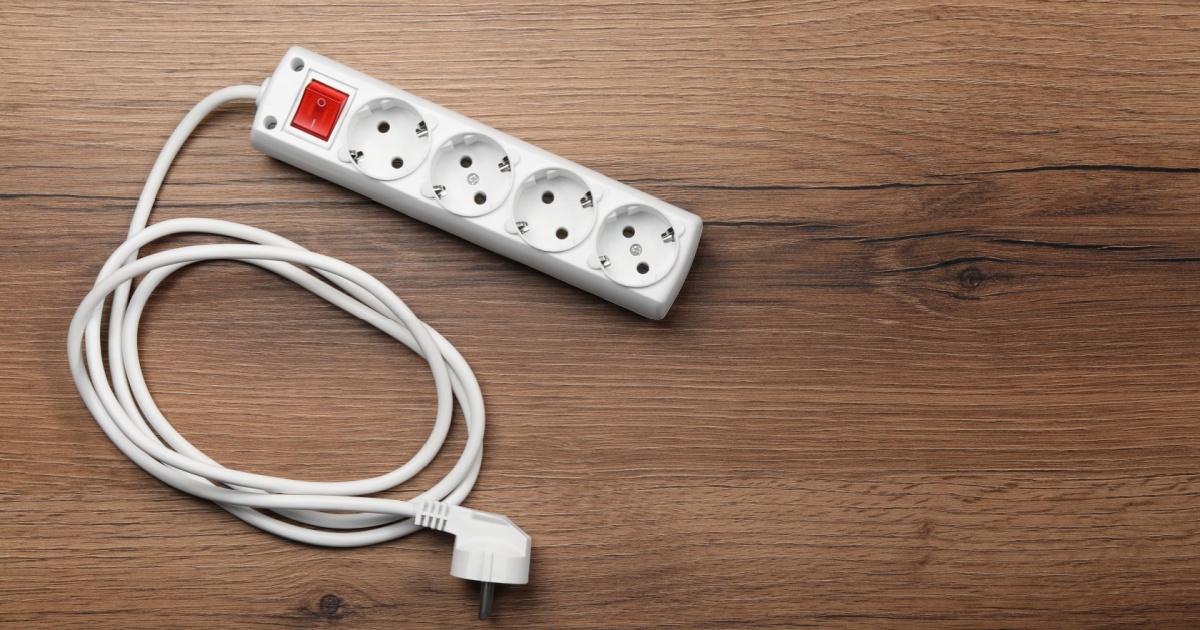
Extension cords should be used sparingly and only as a short-term solution. If you find you need more outlets frequently, it’s best to hire an electrician to install additional outlets in your home.
3. Keep the third prong.
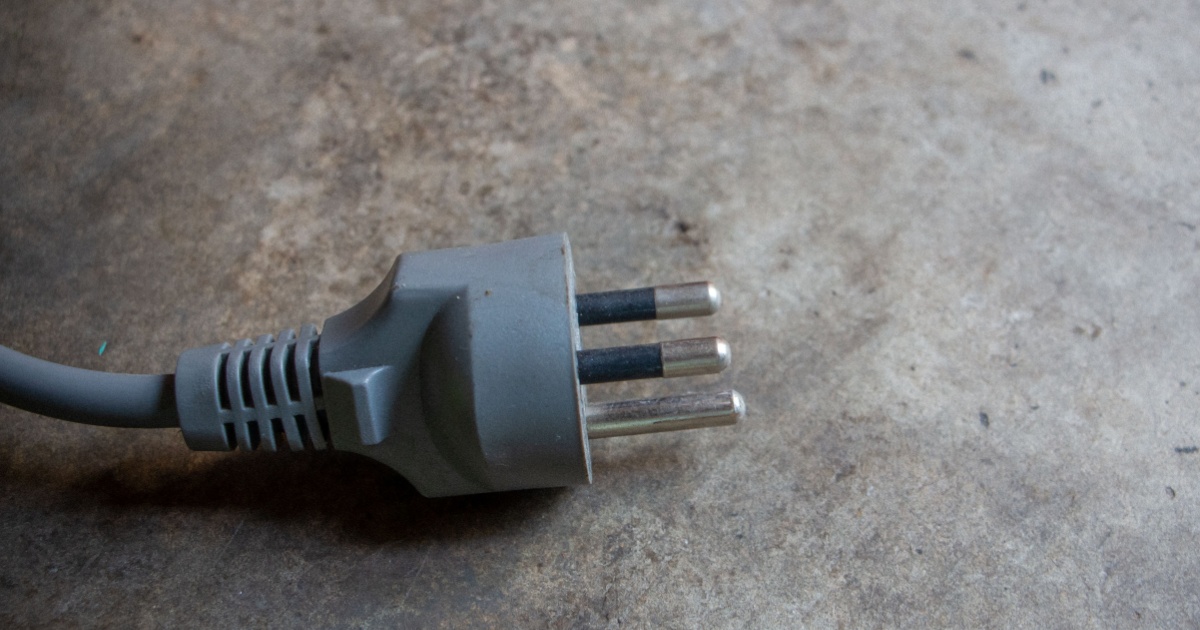
The third prong on a power cord exists for safety, protecting against power surges and electrical issues. Consider upgrading any old two-pronged outlets in your home to modernize your electrical system.
4. Update your electrical system.
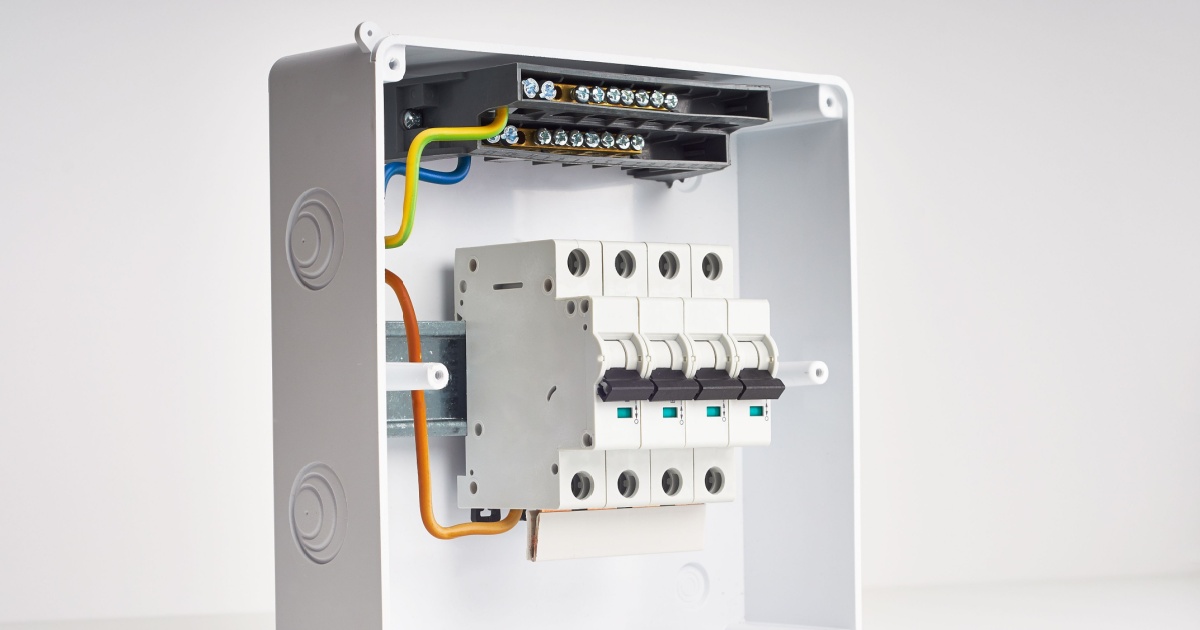
Living in an older house? Chances are, your electrical system may be outdated. Consult an electrician to inspect and possibly upgrade your system. Older systems are more liable to overheat and cause fires.
5. Don’t use damaged power cords.
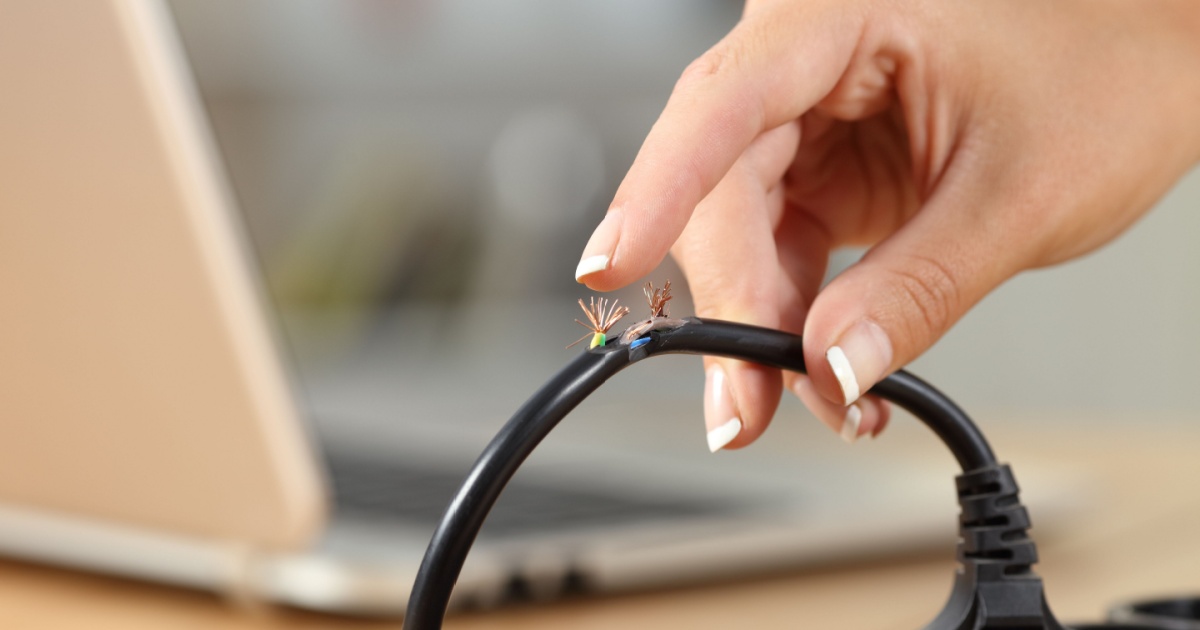
Always check your power cords for any damage. If the cord is frayed, has a broken prong, or is loose or cracked, don’t use it. Damaged cords can easily cause electrical fires.
